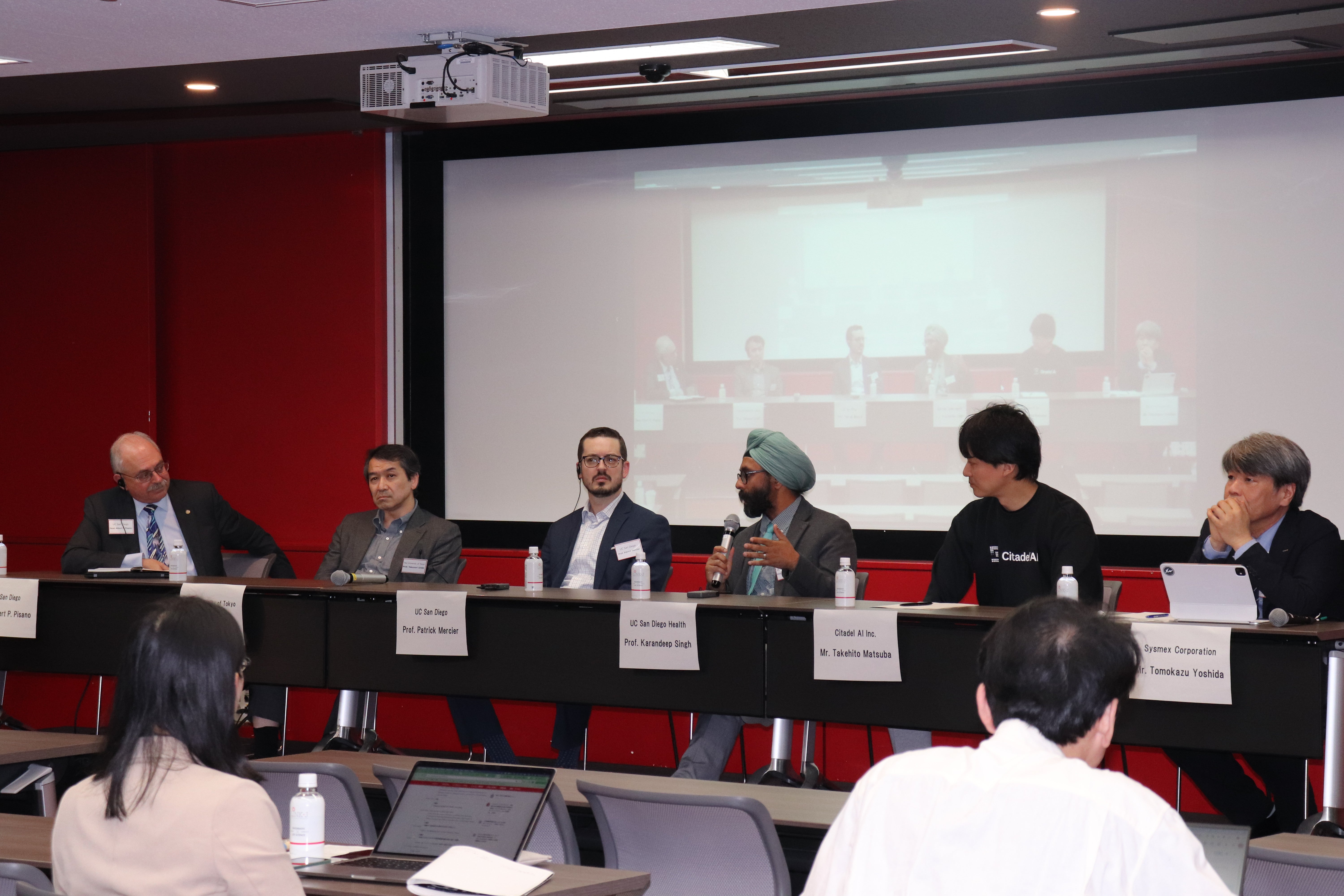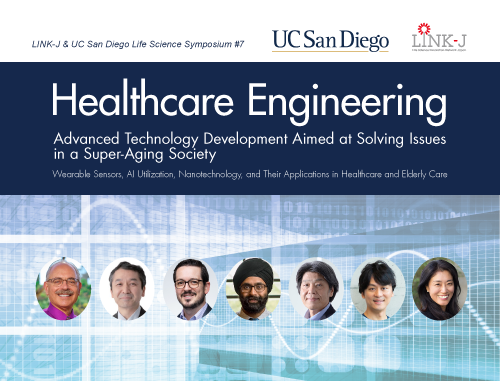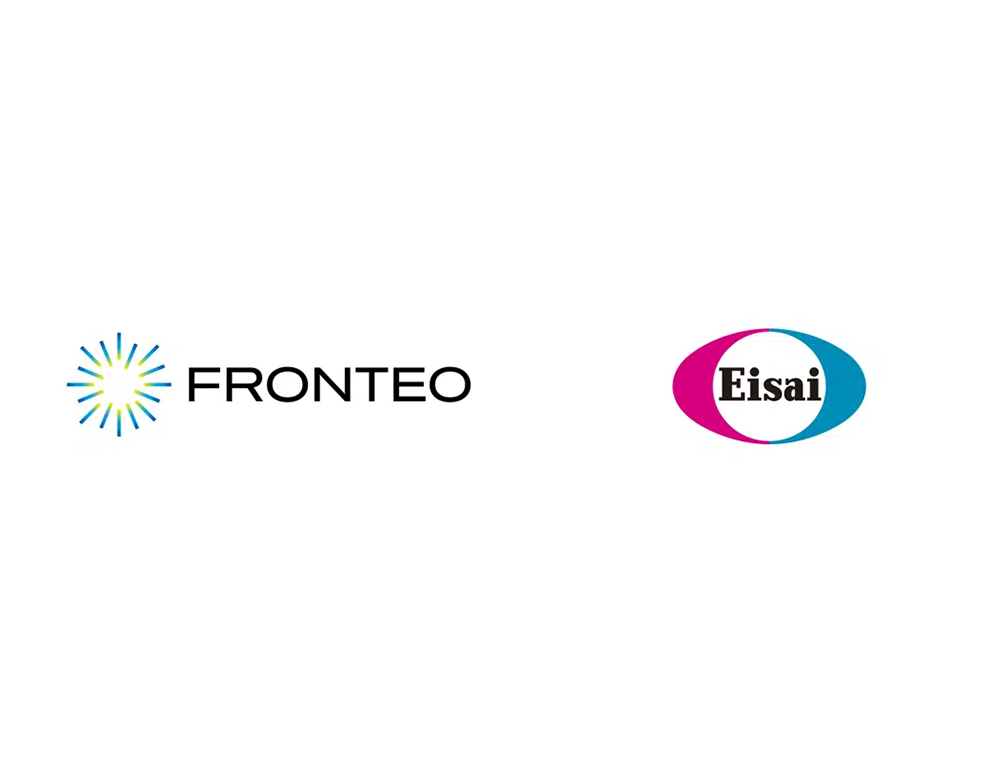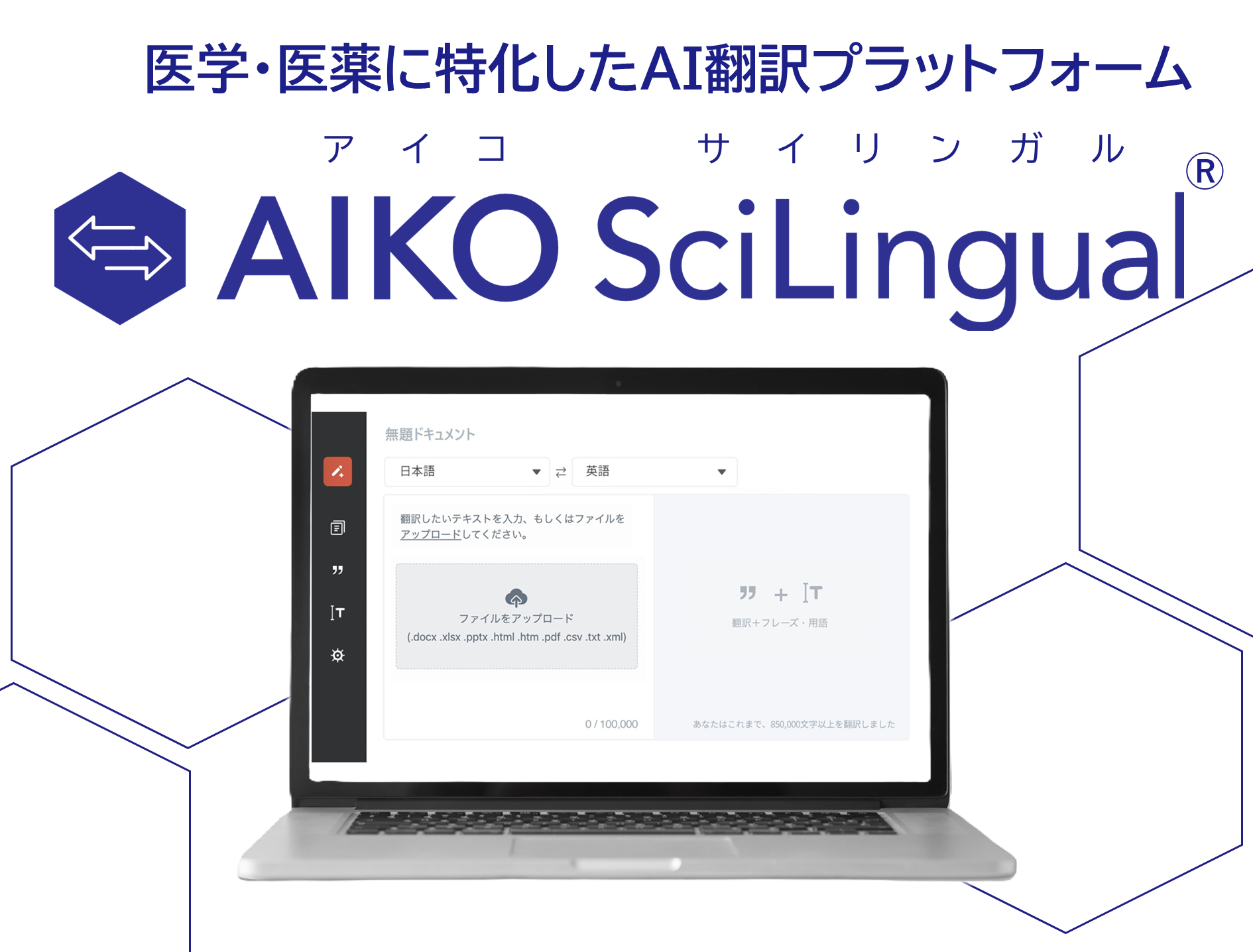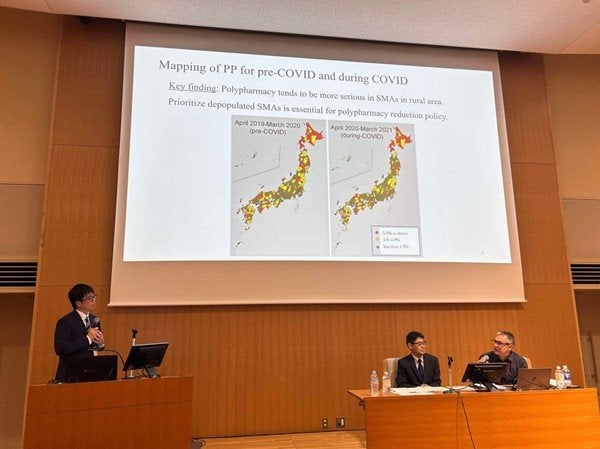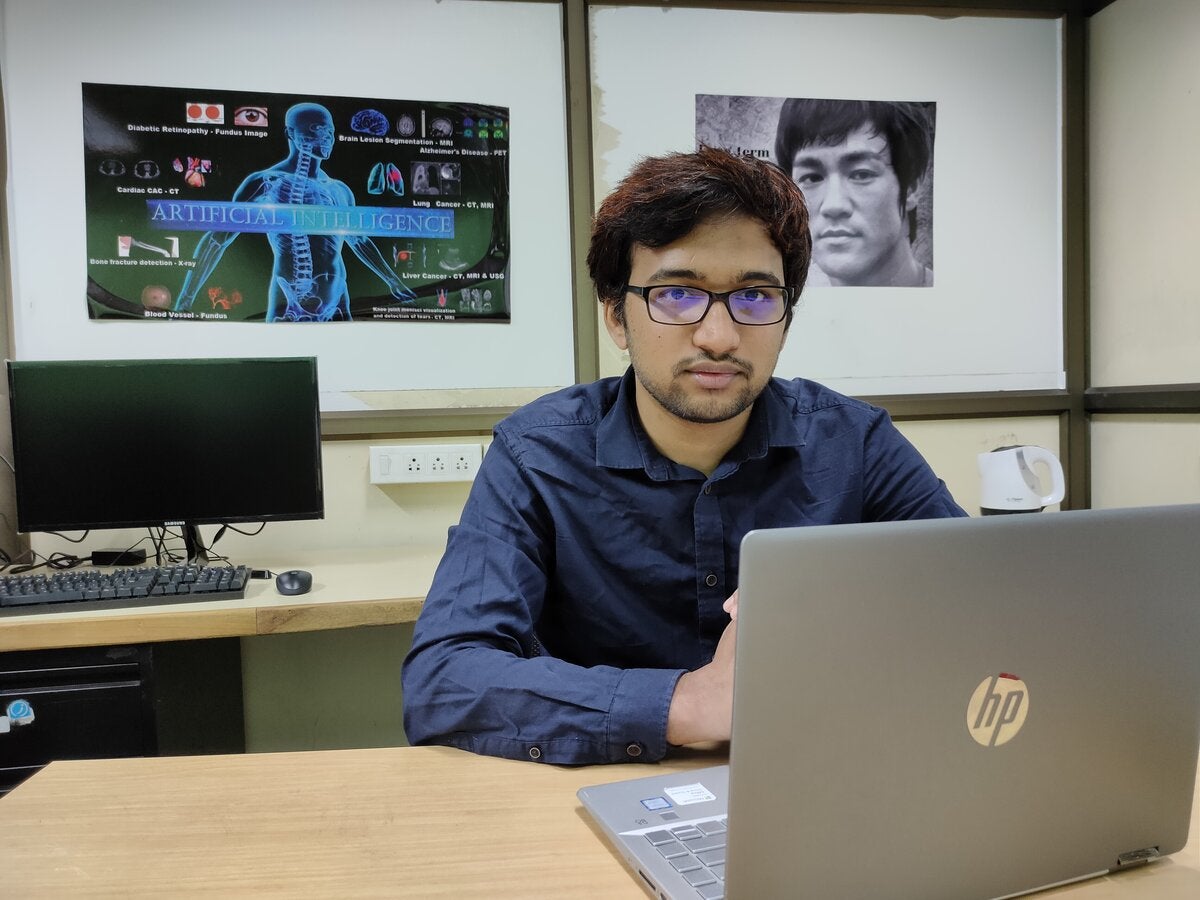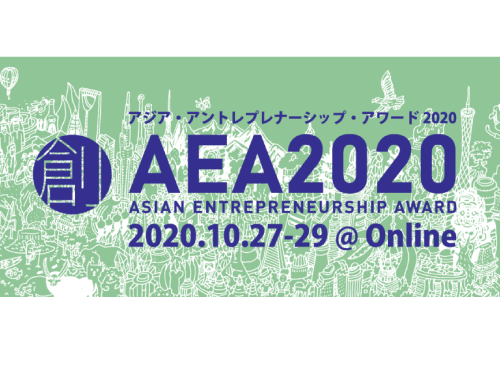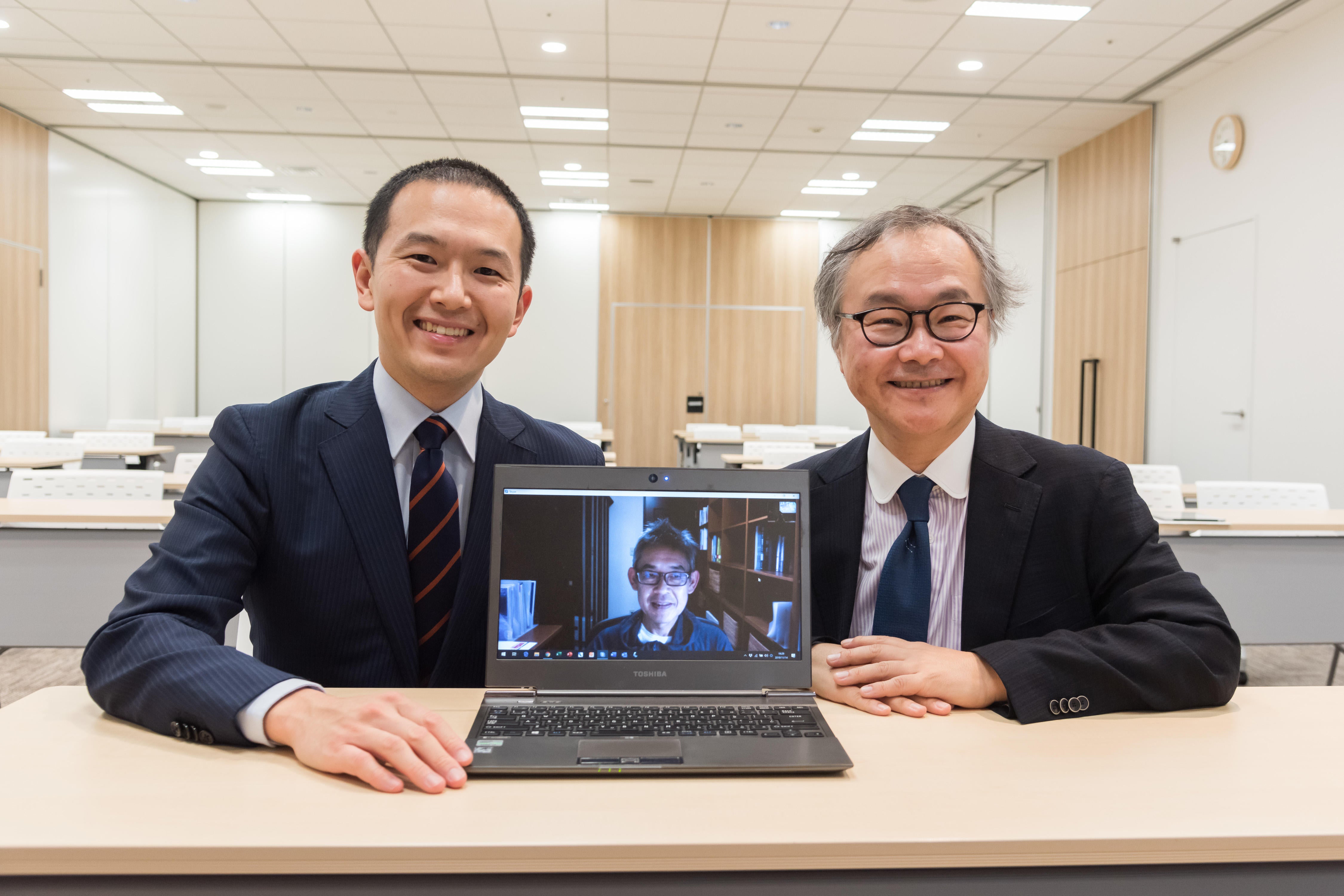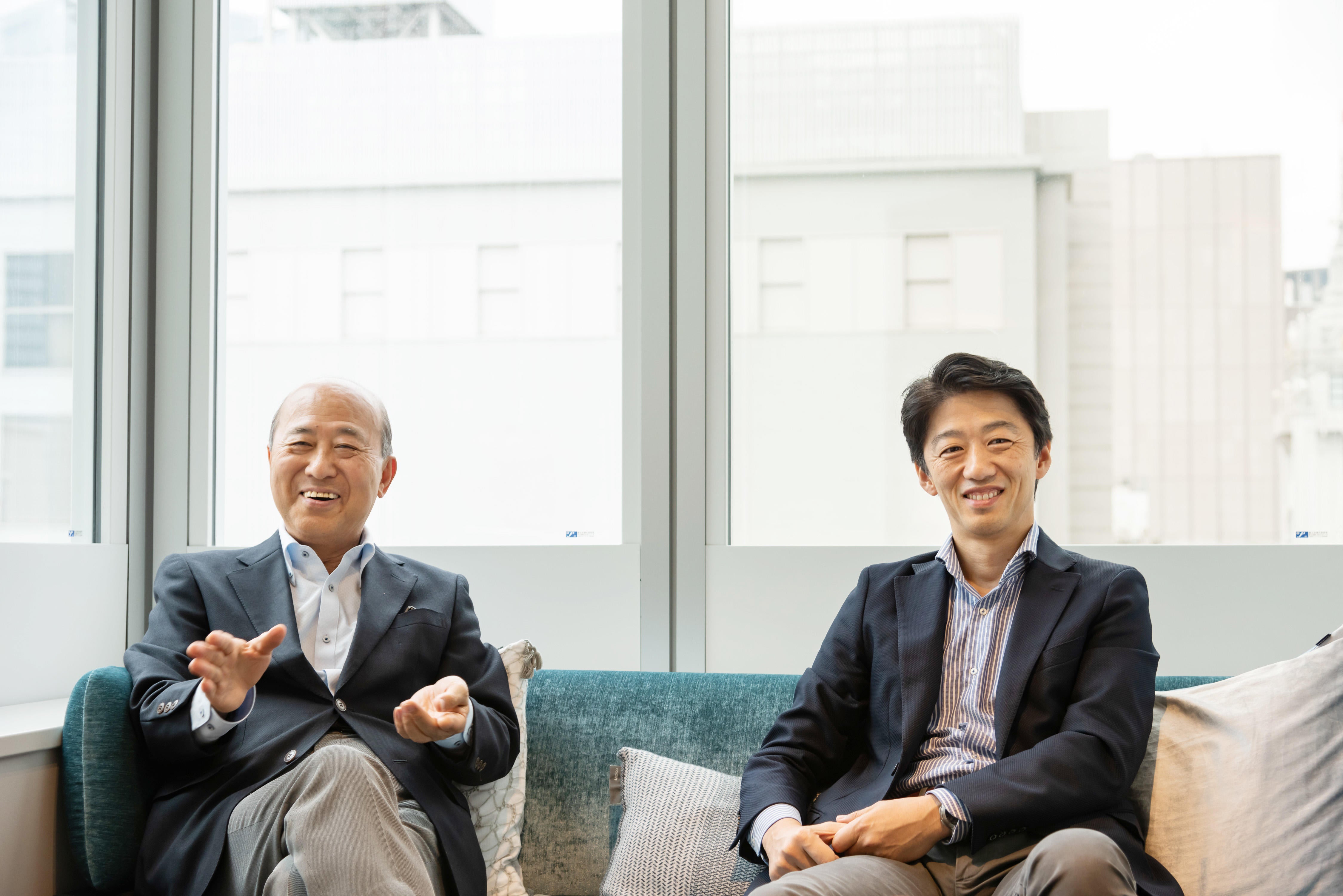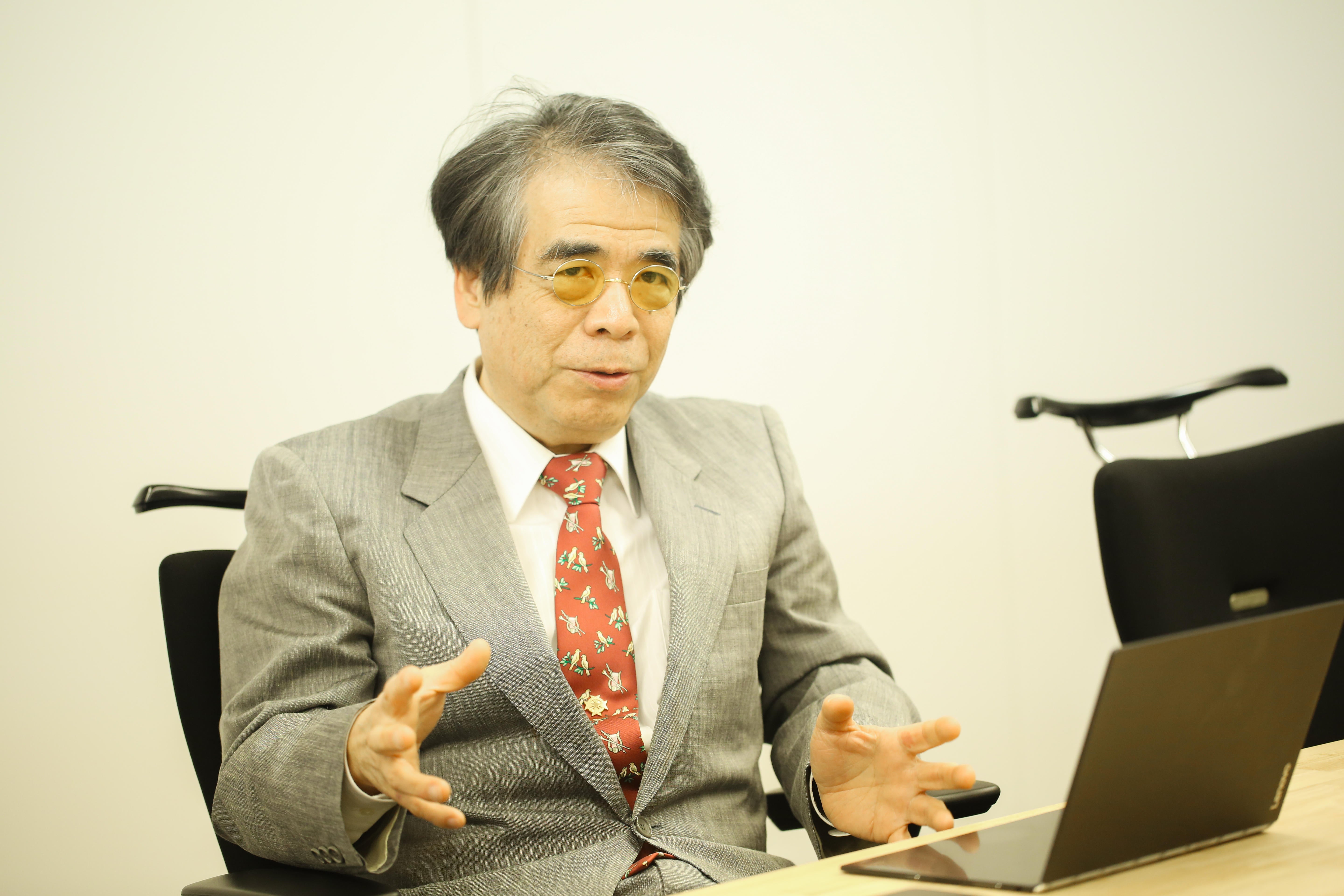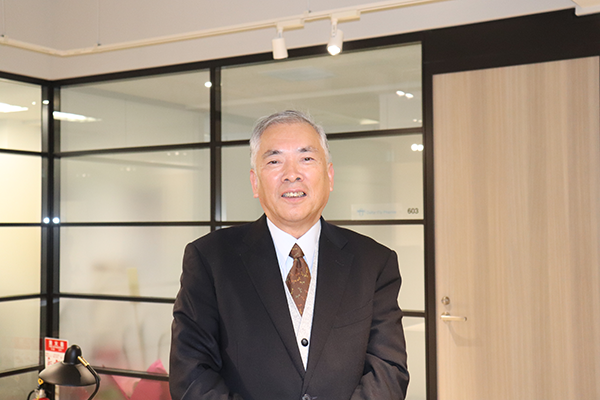According to the World Health Organization, heart disease is the number one cause of death in the world and, by 2030, it is estimated the annual cost of treating heart conditions will be around $69 billion. To address this global health issue, the AI telehealth startup Kura Care Inc. is providing a unique personalized remote care solution that helps people suffering from heart disease.
Kura Care Inc. was among 30 startups participating in the Asian Entrepreneurship Award 2021 (AEA 2021) event, with the company winning the Life Science Award sponsored by LINK-J. The following is an interview with Dr. Kai-Chieh (KJ) Yang, the CEO and founder of Kura Care Inc., in which he shares his startup story, details of the company's unique telehealth solutions and his hopes and expectations for business growth in Japan and beyond.
―Tell us your startup story. What was your key motivation?
My startup story originates from my own experience of suffering from Leukemia. At that time, I had a thriving career at one of the world's leading companies. But one day, my whole world suddenly shifted from that of a successful full-time businessman to that of a full-time patient following my diagnosis. I was then hospitalized in the healthcare system in the U.S. for almost a year and this whole experience opened my eyes and changed the way I see the world.
While I was battling with Leukemia, I also suffered from heart disease, one of the side effects of chemotherapy. Though this was just a temporary condition, it made me think about people who are suffering from chronic heart disease, which usually lasts more than 10 years.
I also came across a lot of research that shows that remote patient monitoring and AI can help treat this kind of disease. When I saw that, I thought "I should do this!" and was motivated to do something that would leverage my experience and deliver a better healthcare experience to more patients like me.
―Kura Care's vision statement states "bridging cure and care". What does this mean and how does this convey the nature of your service?
The word "cure" depicts treatment that happens in the hospital; "care" represents the recovery journey after patients are discharged from the hospital. It is very important to bridge these two and make sure that patients adhere to their follow-up recovery plans after discharge.
In fact, however, many patients do not always follow through with the regimen or do not change their lifestyles and end up being re-admitted to the hospital for the same reasons. At Kura Care, we are very much concerned about this disconnect between cure and care, and we are focused on providing solutions that address this issue.

―Can you explain your current solutions and what kind of role AI plays?
Our solution is like a personalized remote care plan, which ensures a high level of patient adherence to treatments while realizing efficient care. One of our AI-based telehealth solutions, the KardioPAC, uses smartphone apps to help patients to take control of their own health conditions while allowing healthcare providers to monitor them more efficiently.
Supported by AI technology, our solution is personalized to each patient's condition, behavior and lifestyle, thereby encouraging them to adhere to their treatment regimen. It also facilitates communication between physicians and patients and informs the physicians whenever a patient's condition requires attention.
Currently, we offer this solution mainly through smartphone apps; however, we are also working on developing a new version that does not require a smartphone. It will allow the KardioPAC device to send data directly to the cloud where it will be analyzed using AI, with the results being sent directly to doctors. This new version will be aimed primarily at the elderly, many of whom do not possess a smartphone or have trouble using one.
―What is your competitive niche?
Our goal is to empower patients and give them the confidence to manage their own health. Besides the KardioPAC, we also provide a preventative solution called WellySpace, which focuses on patients' self-management. Once we stabilize patients by bridging cure to care, we help them to change their lifestyles and prevent recurrence of their heart disease.
One of our competitive niches is that our AI telehealth solution can also pick personalized educational materials for the patients to read and learn from, using various apps. This empowers patients and helps them to learn how to take care of their own health.
We have a couple of major competitors in the U.S. who also use AI to analyze patient data and prevent future heart conditions. However, the major difference is that we focus on patients' adherence while the competitors focus mainly on the efficiency of the treatment.

―How has your solution been received in the U.S. and elsewhere?
Our key customers in the U.S. are major insurance companies. These see value in our services in that they can help reduce the number of unnecessary hospitalizations, thereby reducing their costs.
So far, we have only commercialized our solutions for healthcare providers in the U.S., mainly in the West Coast area. We started offering our service at only one hospital, but within just six months, three additional hospitals in the area also committed to using our services. Right now, 300 patients are in line to use our solutions and we are expecting this number to grow to 3,000 by next year, on the assumption it will be adopted by around 15 hospitals.
Recently, we conducted a user satisfaction survey among doctors and healthcare providers and they rated us very highly. We also receive positive feedback from doctors, who say that our solutions can take care of patients for them and that patients are very happy using our apps.
At AEA 2021, the company won the Life Science Award; this entitles them to a variety of business support that will ease their entry and support their growth in Japan. At the award ceremony, the judges commented "Kura Care Inc. provides very innovative solutions in quite an important heart disease area by combining very advanced technologies, including AI, with human intervention, to support and promote behavioral changes in prevention and prognosis."

―How was your experience at AEA?
I think that AEA delivers a unique message and the program was very informative. Mentors at AEA helped me to polish our presentation messages in a way that would make them resonate with Japanese audiences. This support was a major factor in our winning this award.
I also admired all the other startups for their innovative ideas and products that seek to truly change the world in various areas. I saw very high-quality startups joining the event.
I also look forward to joining the network of LINK-J as a result of the Life Science Award. This will help us to learn more about the Japan market landscape and also to network with Japanese stakeholders moving forward.
―How do you see the potential and challenges of the Japanese market?
I see great opportunities in the Japanese market, especially with pharmaceutical companies. I believe that our solutions will help the digital transformation of pharmaceutical companies, enhance their digital therapeutic solutions and boost patients' adherence. Pharmaceutical companies may also help mobilize clinics and healthcare providers to work with us, so I see pharmaceutical companies as probably the best candidates for making alliances in Japan.
That being said, there are also a few challenges ahead of us. The first one is Japan's regulatory standards, but I see this also as a great opportunity for us to raise our standards to meet the requirements of the Japanese market.
The second challenge is the differences in user behavior - the way people access healthcare resources. In Japan, for instance, the reimbursement system is different from the U.S., and also people spend more money on treatments available in drug stores. Japanese people also go to local clinics to receive treatment, while in the US they are most likely to choose hospitals to receive more professional treatment.
We hope that our services will help Japanese healthcare resources become easier to access and more transparent. We are here to empower patients to become more aware of their health and for them to be able to access the healthcare resources they need as easily as possible.

―How do you see the current growth stage of the company? Where do you see it in the next few years?
We have 12 staff; six of them are in Taiwan focusing on R&D and the other half are in the U.S. and focusing on business development. In the coming year, we expect the number of staff to reach around 20.
Over the next three years, we are aiming to develop a new team to launch new services beyond the current AI platform. We believe that, while AI platforms and technology help healthcare professionals optimize their interaction with patients, the best healthcare experience is delivered by humans. In the near future, you will see a more diversified Kura service lineup that will further drive patient adherence.
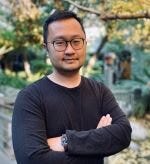 Dr. KAI-CHIEH (KJ) YANG, CEO and founder of Kura Care Inc.
Dr. KAI-CHIEH (KJ) YANG, CEO and founder of Kura Care Inc.Dr. Yang won a scholarship from Qualcomm and attended the University of California San Diego (UCSD), where he graduated in 2007 with a Ph.D. in Electrical & Computer Engineering. He conducted research into AI on mobile devices, work that was eventually commercialized by Qualcomm. After graduating, he spent more than 10 years in Qualcomm in a variety of roles, including engineer, product manager, and business strategist. After leaving Qualcomm, he devoted himself to innovation in the digital health field and founded KURA CARE Inc. As a result of his experience in this field, Dr. Yang was recently hired by Taipei Medical University (TMU) as a visiting associate professor to teach their executive team about digital transformation.
